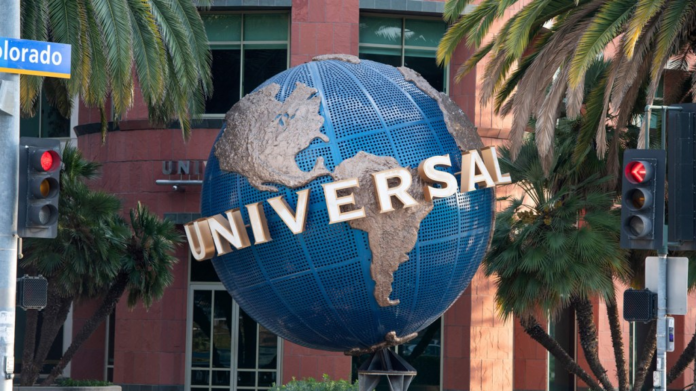In calling for Universal Music Group (UMG) to move its stock listing and legal headquarters to the U.S. from Amsterdam by next year, board member and billionaire activist investor William Ackman argued the move could make the company more valuable. But financial sources are split on whether that would be the case.
On Friday (Nov. 8), Ackman said his hedge fund, Pershing Square Capital Holdings, which owns 10.25% of UMG’s stock, will exercise its right to require the company to register with the U.S. Securities and Exchange Commission following violent attacks on Israeli soccer fans on Thursday night (Nov. 7) in Amsterdam, where UMG’s stock is listed on the Euronext exchange. But would the move actually benefit the company, as Ackman seems to believe?
“It could noticeably increase UMG’s value because even though it will make your taxes a little higher and you’re going to spend a whole lot more on expensive securities lawyers, it gives you access to the giant U.S. retail market, and UMG is the perfect kind of company for retail investors,” says Erik Gordon, a professor at University of Michigan’s Ross School of Business.
Trending on Billboard
In the U.S., more than 62% of individual adults own stocks, a group referred to as retail investors. While big institutional investors, like Pershing, account for about three-quarters of the trading volume on U.S. stock markets, like the Nasdaq or New York Stock Exchange, retail investors are a powerful and growing group. Since the start of the pandemic, when retail investors on Reddit fueled a run-up in the share price of companies like GameStop and AMC, more than 30 million new investors have opened brokerage accounts, according to a University of Missouri study.
Right now, four institutional investors control nearly 60% of UMG’s current pool of stock. In his post last week, Ackman argued that lack of liquidity — in part because only a slim portion of UMG’s stock frequently changes hands — could improve if UMG listed in the U.S.
“UMG trades at a large discount to its intrinsic value with limited liquidity in significant part due to it not having its primary listing on the [New York Stock Exchange] or Nasdaq Exchange and not being eligible for S&P 500 and other index inclusion,” he wrote.
Ackman’s argument is essentially that if UMG lists and starts trading in the U.S., its value will make it an important stock in U.S. financial markets, which in a few years will earn it inclusion in a major index, says Gordon. Getting included in an index, like the S&P 500, creates more demand for a company’s stock because mutual funds and exchange traded funds that track the S&P begin to buy the stock.
Over the weekend, UMG stated that Pershing can request that UMG list in the U.S. if it sells at least $500 million worth of its own UMG shares as part of that listing.
“If I had to guess, Ackman will end up with the right to sell his shares in the U.S. public market and that the company will issue new shares in the U.S. so that Ackman isn’t the only guy selling,” Gordon says.
One equity analyst believes UMG would not become a more valuable company if it moved to a U.S. exchange because its shares already trade at a premium to shares of Warner Music Group (WMG). In a Nov. 1 investor note, J.P Morgan analysts wrote about the premium, arguing that “UMG should trade at a significant premium to WMG…to reflect greater scale, a better track record for growth and consistent margin expansion, best-in-class management and better governance.”
According to Billboard’s calculations, UMG shares were recently trading at a roughly 17 times multiple trailing 12 months adjusted EBITDA, while WMG shares were trading at about 11 times multiple.
UMG moving its stock to an American exchange also comes with another downside: the operational expense that U.S.-listed public companies face from shareholder lawsuits.
“One area U.S. issuers have to manage, unlike non-U.S. issuers, is the volume of shareholder litigation that gets brought in the U.S.,” says Michael Poster, a music industry lawyer at Michelman & Robinson. “It’s expensive to deal with litigation, there are a lot of fees associated with managing, settling and litigating the claims, and it’s frankly a distraction for management. Those things contribute to making trading in the U.S. more expensive from an operational point of view.”


